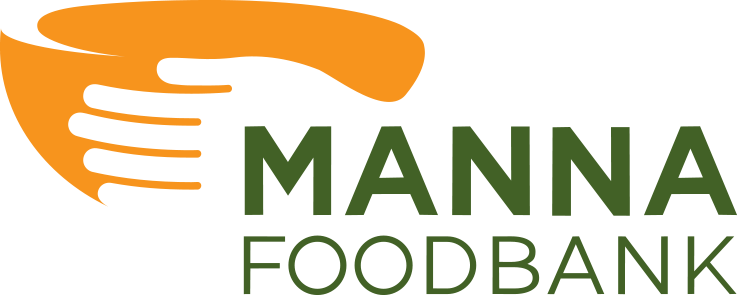Food Safety Training (FST) for Food Pantries Or Off-Site Programs: No food is prepared by staff or volunteers onsite.
Food safety certification must be renewed within three months of expiration to remain in compliance per our Annual Agreement.
At least one supervising staff or volunteer that oversees distributions must be certified. If you have multiple sites, at least one staff or volunteer at each site must be certified.
We offer this training in a free video format. Once you complete this 36-minute training, you’ll then need to take a short 20-question quiz.
Once the multiple-choice quiz is submitted (click “Submit” at the bottom), you will see a confirmation message pop-up to let you know that you’ve successfully submitted the quiz. We will email you a certificate of completion within five business days that is good for three years.
Please share this training with your volunteers too. Check out this printable pdf of the training for more information.
Food Safety Training (FST) for Meal Sites/Other Programs That Use MANNA Food to Prepare Meals:
Food safety certification must be renewed within three months of expiration to remain in compliance per our Annual Agreement.
- You have a few options to complete this, all of which are good for five years:
- ServSafe Food Protection Manager: You can take both the training and exam online.
- You can select the “Find a Class” tab at ServSafe.com under the “ServSafe Manager” tab and select “Food Safety Manager Training and Exam” to find a local class.
- Contact your County Health Department’s Environmental Health Division to see when they offer the course and exam. Most health departments offer this to restaurants and have someone on staff certified to administer the training and exam.
- Contact your County NC Cooperative Extension office to see if NC Safe Plates for Food Managers is offered in your region, which must include the exam and certificate. Make sure this is the same certification offered for restaurants to be in state compliance. Some county extension offices also offer ServSafe Food Protection Manager training and certification.
Once you’ve completed the course and received your certificate, please email a copy to the Agency Relations Manager for your zone and to ar@mannafoodbank.org. Check out these videos to learn more about storage guidelines, food safety, and more:
- FoodKeeper App for storage guidelines on every food: https://www.foodsafety.gov/keep-food-safe/foodkeeper-app
- Food Safety Charts and More: https://www.foodsafety.gov/food-safety-charts/cold-food-storage-charts
- Adam Ruins Everything/Food Dates Video (fun short video explaining food dates):
Adam Ruins Everything – What the Date Labels on Food Actually Mean
Temperature Log
TEFAP agencies must record temps on every fridge and freezer unit every single day. Please contact our TEFAP Coordinator for information on digital thermometers which make it much easier to meet this requirement! All other agencies must record temps a minimum of at least once per week for each unit, but more often is highly recommended.
Videos
Compliance Highlights 2023
Making Sense of Food Dates
Additional Resources
Compliance and Food Safety FAQs (pdf)
Non-Discrimination Statement (pdf)
Spanish Non-Discrimination Statement (pdf)
Food Date Code Extension (pdf)
FST Training for Pantries (pdf)
Handwashing Poster (Black/White) (pdf)
Handwashing Poster (Color) (pdf)
N.C. DENR Hand Washing Sign (English) (pdf)
Safe Food Storage (pdf)
Sub-Distribution Log (pdf)
TCS Foods Log (pdf)
TCS Foods Poster (pdf)
TEMP Log (pdf)
TEMP Chart (pdf)
